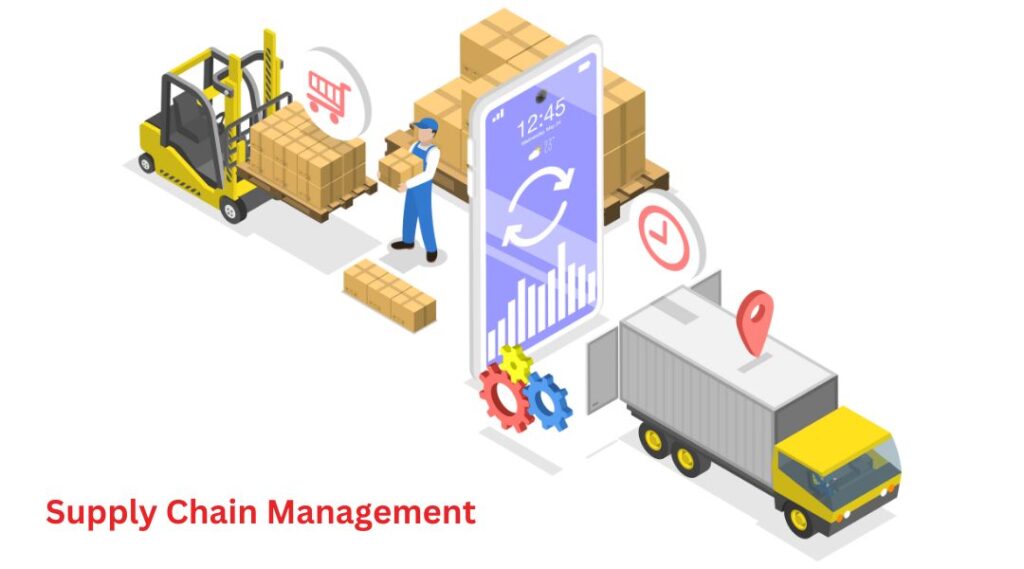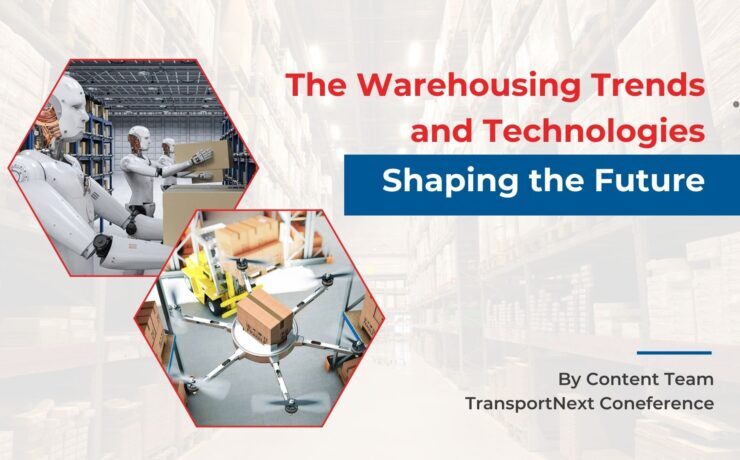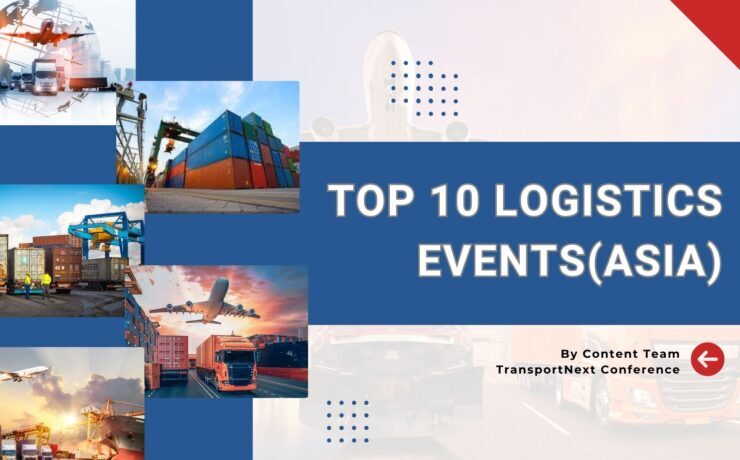Transforming Logistics: The Emergence Of Drone Delivery Networks

Introduction:
Logistics is undergoing a revolutionary transformation with the emergence of drone delivery networks. The Integration of drones into logistics operations is not limited to the skies. From land to air to sea, drones are revolutionizing the way goods are transported, monitored, and delivered. In this blog, we will explore how drones are reshaping logistics across different environments and uncover the transformative impact they’re having on supply chain management.
Airborne Delivery Solutions:
in the realm of aerial logistics, drones or Unmanned Aerial Vehicles(UAVs) have garnered significant attention for their potential to revolutionize last-mile delivery. A delivery drone is a compact or medium-sized aircraft designed to transport packages autonomously and remotely. They’re adept at delivering various lightweight items directly to customers, such as medical supplies, food, and other goods. Companies like Amazon and FedEx are exploring drone delivery services to expedite shipping times and reach remote locations more efficiently.
By bypassing traffic and infrastructure limitations, drones offer a faster and more flexible delivery option, particularly for urgent or time-sensitive shipments. In India companies like Zomato, Swiggy, and Amazon are at the forefront of experimenting with drone deliveries. Dunzo in partnership with Ascent Aeronauticals are testing drone deliveries. The Medical Sector is adopting UAVs to swiftly deliver critical medical supplies and diagnostic samples, ensuring timely access to life-saving resources. ICMRs-I-DRONE project, AsterDM healthcare in partnership with SkyAir Mobility and Sanjeevani Drone(Narayana health) in association with Garuda Aerospace are some forefront projects in this sector. API AI Drone Bhopal leverages AI for optimal delivery and logistics
Click Below to Understand Emergence of Drone Delivery Networks
Table of Contents
Ground-Based Operations:
On land, drones are enhancing logistics operations in various ways. Autonomous ground vehicles(AGV) or Unmanned ground vehicles (UGV) are being deployed in warehouses and distribution Centers to automate tasks such as inventory management, picking, and transportation. These ground drones can navigate warehouses aisles, transport goods between locations, and optimize storage space, leading to improved efficiency and productivity.
Alphabet’s Waymo-A self driving technology company is testing UGVs to transport goods. DHL, Uber, Domino’s are a few more companies experimenting. The idea of UGVs has excited the industry but the trends realization is however quite distant. While implementation has already begun on private gated properties UGVs require societal confidence to be used on public platform
Maritime Applications:
In the maritime domain, drones are making waves in cargo shipping, port operations, and maritime surveillance. Unmanned surface vessels (USVs) and autonomous underwater vehicles( AUVs) are being used for tasks such as oceanographic research, underwater inspections, and maritime security patrols. These maritime drones offer cost-effective solutions for monitoring marine environments, conducting search and rescue operations, and inspecting underwater infrastructure. Unigroup offers a comprehensive range of leads- UNIMINI, UNIMAX, UNIPACT, DRIX.
Integrated Logistics Systems (ILS):
The future of logistics lies in seamlessly integrating drones across land, air, and sea. Imagine a scenario where an autonomous aerial drone collects a package from a distribution center, transfers it to a ground-based drone collects a package from a distribution center, transfers it to to a ground-based drone for local delivery , and then hands it off to a maritime drone for transportation to a remote island community. Such integrated logistics system hold the promise of optimizing supply chain networks, reducing delivery times, and expanding access to goods and services.
Although originally developed for military purposes, it has potential to be used in commercial customer service organisation. Turvo is a cloud-based supply chain focused on enhancing collaboration within supply chains, offering tools to streamline logistics operations, track shipments, and coordinate with partners and carriers, ultimately boosting efficiency and visibility throughout the process. MECALUX has created an easy WMS that can operate in any type of warehouse which uses the incorporation of modules to enhance its features and enable companies to integrate their logistic processes. Effective integrated logistics isn’t one-size-fits-all. It requires careful study, planning, and execution tailored to your business goals. Plus seamless coordination and communication among all involved parties are essential for success.
To sum up from airborne delivery drones to ground-based robots and maritime unmanned vehicles, drones are transforming logistics operations across diverse environments. By leveraging the capabilities of drones in land, air, and sea logistics, businesses can unlock new opportunities for efficiency , scalability, and innovation. As technology continues to evolve, the integration of drones into logistics systems will play a pivotal role in shaping the future of global commerce and supply chain management.






